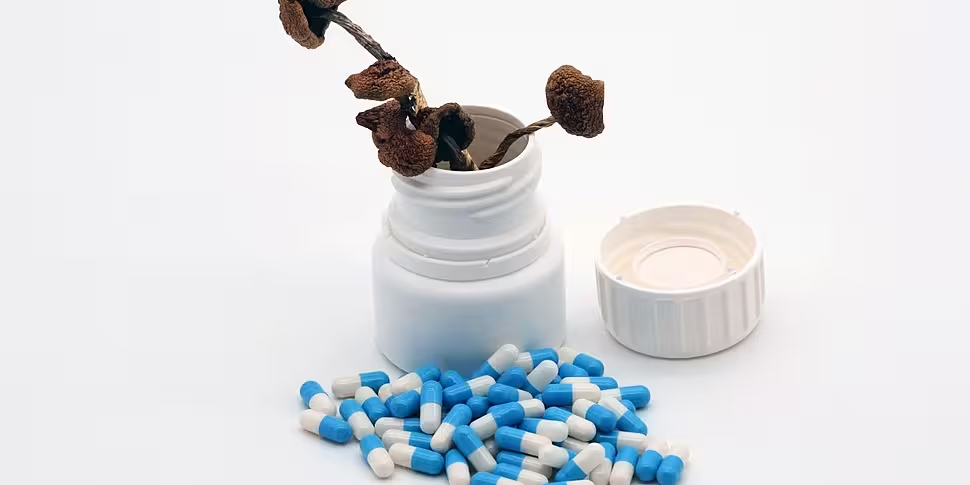A new psychedelics conference in Dublin is highlighting the “mounting evidence” that hallucinogen’s can be used to treat mental health conditions.
The first of its kind conference in Trinity College will also launch the college’s new Psychedelic Research Group (PRG), in conjunction with Irish Doctors for Psychedelic Assisted Therapy.
On Newstalk Breakfast this morning, Trinity PRG member Dr Kathryn Ledden said Irish laws currently ban psychedelic substances.
She said the laws remain in place despite “mounting evidence internationally and at home” that they could be “of therapeutic benefit” for people with mental health conditions or addictions.
Very different
Dr Ledden said there has historically been a lot of distrust in psychedelic therapies – but insisted modern day trials are very different.
"These days, these trials are conducted in very rigorously controlled environments with therapies, including psychotherapy, as well as structured follow up to make sure that people are safe after taking these things," she said.
"They're being used as interventions for mental health conditions, so again, it's done with people who have a lot of experience working in those environments."
Healthy scepticism
Dr Ledden said "very healthy scepticism" around "any new treatment" should be encouraged.
"I would say that, because of the psychoactive nature of these substances, it's quite difficult to study them in terms of the typical clinical standard, which would be double-blind, randomised, placebo-controlled clinical trial," she said.
"However, as time moves on, there is still good efficacy demonstrated in a number of these substances, particularly for conditions like treatment-resistant depression, for example, and anorexia nervosa.
"Actually, as it happens, we will be conducting a publicly funded study in Trinity College using psilocybin (the active ingredient in magic mushrooms) for cocaine use disorders."
More research
Dr Ledden said it is still "too early to say" whether there is "enough efficacy" for psychedelics to be granted full therapeutic status.
"That's why we want more research done in this area," she said.
The researcher said it is ‘very important’ to point out that there are some people who "shouldn't take psychedelics" at all.
"If people have a history of severe mental health difficulties, such as bipolar disorder, we don't know what the outcomes may be yet," she said.
"In addition, people who have psychosis or schizophrenia, where their sense of reality can be affected.
"It may or may not be safe for them to take psychedelics, either because they can affect how a person feels about themselves, but also how they perceive the world."
Dr Ledden added that there's still a lot of research to be done in this area.
Picture of Psilocybin mushrooms next to medicine. 02/05/24 Image: Daniel Holking / Alamy Stock Photo









